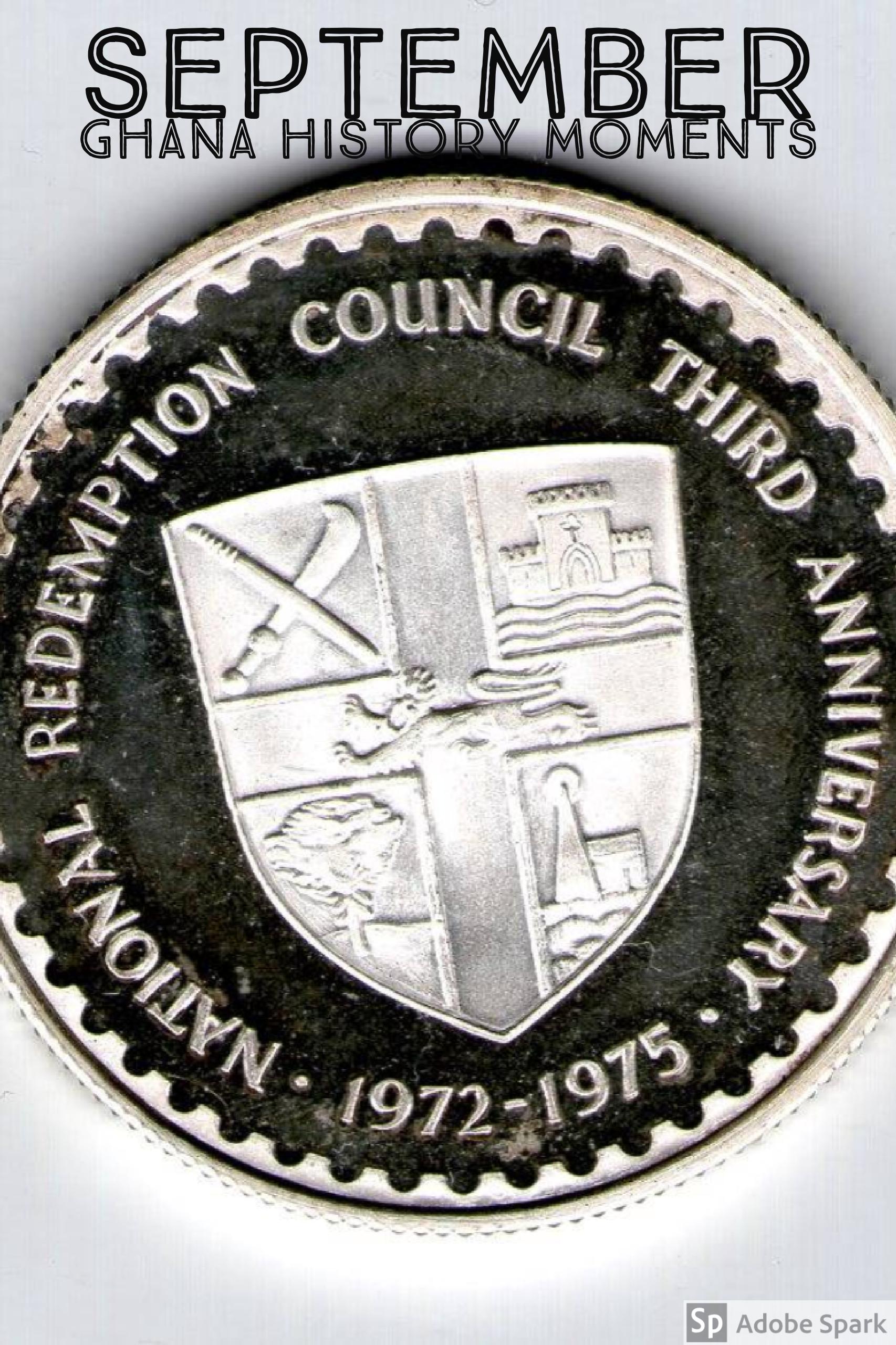By 1977, Gen. Acheamong’s Supreme Military Council (SMC) found itself constrained by mounting nonviolent opposition. Discussions about the nation's political future and its relationship to the SMC had begun in earnest. A committee set up by the Supreme Military Council in January 1977 to consider the “Union Government” proposals, presented its report on the fourth of October 1977. The committee chaired by Dr. Gustav G Koranteng-Addow recommended an executive president selected by adult suffrage from a list presented by an electoral college. It also suggested at 140 member legislature of candidates who would run as independents without connection to a political party.
Although the various opposition groups (university students, lawyers, and other organized civilian groups) called for a return to civilian constitutional rule, Acheampong and the SMC favored a union government—a mixture of elected civilian and appointed military leaders—but one in which party politics would be abolished. University students and many intellectuals criticized the union government idea, but the Justice Gustav Koranteng Addow, seventeen-member ad hoc committee appointed by the government to work out details of the plan, defended it as the solution to the nation's political problems. Supporters of the Union Government idea viewed multiparty political contests as the perpetrators of social tension and community conflict among classes, regions, and ethnic groups. Unionists argued that their plan had the potential to depoliticize public life and to allow the nation to concentrate its energies on economic problems.

